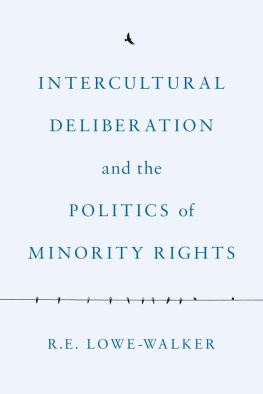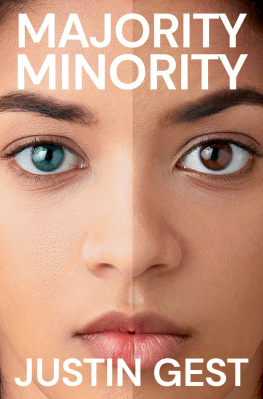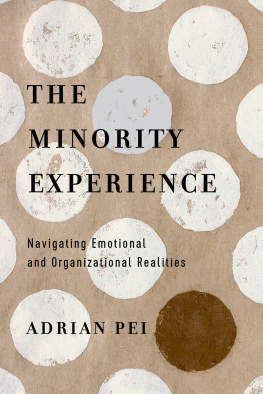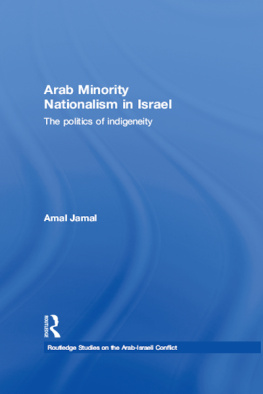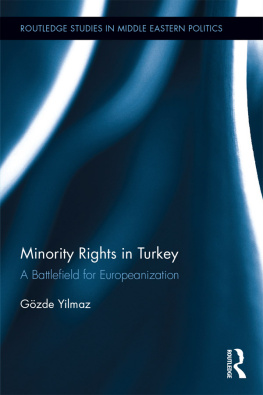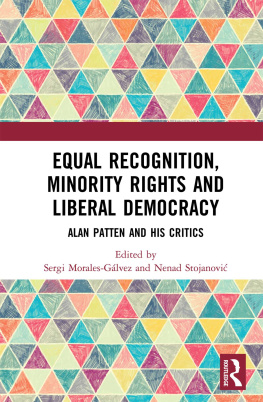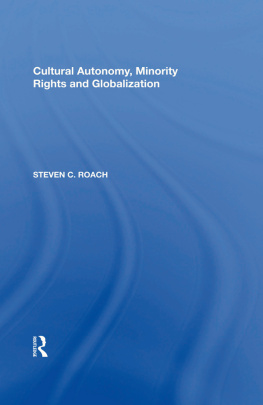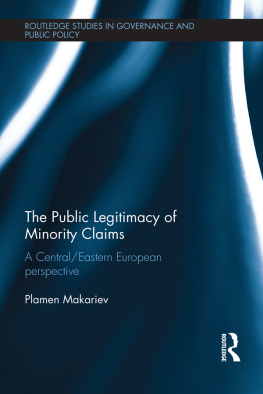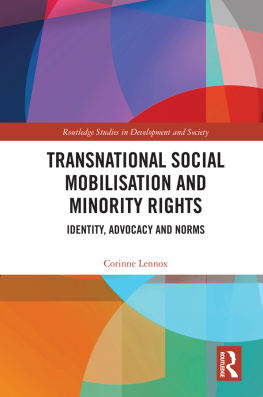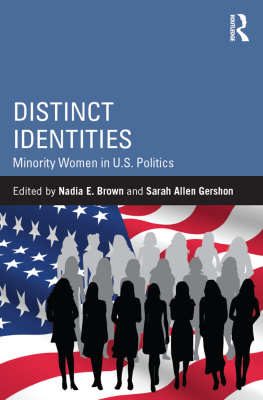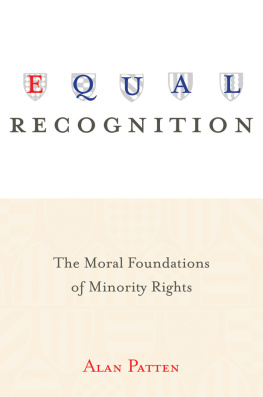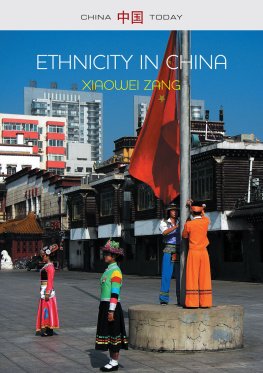R.E. Lowe-Walker
Introduction
The model of intercultural deliberation advanced in this book rests on a simple idea: how we talk about an issue is as important as the issue itself. The significance of this modest notion has deepened along with the idea of politics as a dialogue, which has steadily gained momentum since the 80s, when theorists such as Barber, Cohen, Bessette, Elster, Gutmann and Thompson, Nino, although very different, both point to dialogue a specific type of dialogue as a means to meet the challenges of pluralism. The model of intercultural deliberation advanced in this book, understood as a particular type of inclusive political dialogue, resides at the intersection of deliberative democracy and multiculturalism.
Alternative articulations concepts of pluralism. This, then, is the starting point of this discussion, and at its heart there is a paradox that speaks directly to the issue of cultural difference and what sort of dialogue is required to bridge the intercultural divides at play in a pluralist society.
It is a paradox articulated at the level of political theory, deployed by liberal democratic institutions, and it can be observed in the political discourse of mass communications. Put simply, it is a way of dismissing minority rights claims before they are properly understood. The minority rights paradox is not merely an assessment of the logical structure of claims; it is a dialogical exchange consisting of the minority claim, the response to the claim, and the minority rejoinder. Minority groups, it is thought, are paradoxically claiming rights that are unsupported by the values upon which the claimants base their claim. On the one hand, minority claims are made on the basis of rights secured by a liberal democracy; on the other hand, the claims undermine the legitimacy of liberal reasoning the same reasoning that legitimizes the rights on which the claims are made. Minority groups respond that liberal institutions exert a cultural bias against them and, as a result, it is their culture to which they have a right at stake in their claims. The self-referential implications of this paradox are as follows: either the minority claim negates its own justification, or the underlying justification renders the claim moot. Either way, the label of paradox effectively puts an end to the conversation, and by stifling political dialogues about minority rights, the label of paradox may unjustly justify dismissing legitimate claims.
The label of paradox presupposes a particular approach to evaluating rights claims that does not always successfully negotiate the plurality of worldviews constitutive of a modern liberal democracy. Recent debates over issues like same-sex marriage, religion and secularism in education, and Indigenous sovereignty indicate that the diversity in a pluralist society is not limited to differences of beliefs, values, ideals, or practices. There is also a great deal of diversity with regard to how those differences ought to be understood.
The complications brought about by the promise of pluralism are central to contemporary political theory, particularly the literature questions about culture and its role in political processes; questions about religious reasoning and its relationship to a secular state; and questions about what justice demands of an authentically pluralist society.
Cultural minority groups face an uphill struggle on two fronts. First, as political actors, they are often weakened due to their relatively small numbers (and in many cases their
In recent years, cultural minorities, particularly Indigenous peoples, have been given increased opportunities to protest the historical injustice of colonialism and the attendant tradition of social and political oppression. There is the recognition that the destruction of Indigenous civilizations was unjust and that the descendants of those broken civilizations deserve a leg up (that is, special These threats are good reason to look closely at the claims and their implications for a functioning liberal democracy; however, a potential threat is not reason enough to dismiss minority rights claims before the thrust of the claim and its implications have been given due consideration.
There is what could of a political agenda that they say is inherently conservationist and ultimately oppressive.
Responses to this sort of challenge vary, but the broad strokes run something like this: a non-liberal agenda is, by its very nature, illegitimate in a liberal democracy, and therefore the state is justified in suppressing non-liberal ideas and/or activities by force if necessary. While I agree that an anti-liberal agenda is an illegitimate enterprise in a liberal democracy, it is important to note that non-liberal refers to something quite different from anti-liberal. There are cases where extremist groups overtly claim rights as some sort of weapon, and often these claims are hopelessly internally inconsistent. I set these cases aside and focus on much harder cases, cases where groups are not espousing anti-liberal sentiments. These groups consider their worldview to be something other than a liberal worldview differing from but not necessarily opposed to key features of liberalism. The mistaken conflation of non-liberal with anti-liberal rests on presuppositions not only about the political situation but also about the nature and degree of difference between peoples of various religious, cultural, and ethnic backgrounds. These presuppositions about cultural difference shape the thematic framework of the book; they include a particular view of cultural relativism, of political universalism, and of public reason. Within this framework, it is possible to see the coercive effects of presuppositions about difference and to evaluate the legitimacy of those impositions on religious, cultural, and ethnic minority groups. The questions raised about legitimacy point to the need for a new approach to minority issues, one that integrates a plurality of worldviews and the concomitant diversity of ideas, beliefs, and values in an inclusive deliberation about minority rights.
A more nuanced view of cultural difference clarifies the need for substantive inclusion for minority groups dialogue.
By the end of is organized around these three requirements: dialogical inclusion, public reason, and political identity.
A survey of the most influential accounts of deliberative democracy, I explore these theoretical relationships and their practical implications in order to put forward an inclusive approach to negotiating the content and conceptual apparatus of minority rights claims shaped by alternative worldviews.
Some accounts of deliberation give priority to the reasoning and the reasonableness of claimants at the expense of substantive equality; in some cases, this raises significant problems for the minority groups facing the paradox. When reasonableness sets limits on the character of deliberative participants, individuals may be unjustly excluded. When standards of reasoning constrain the way in which claims can be structured, minority groups may be unjustly denied equal status, access, or influence. Other accounts of deliberation give priority to equality, rather than reasonableness, which limits an inclusive deliberation in that it cannot be tied to one particular cultural idiom, argument form, or conceptual framework. Through equality, the inclusive public reason of deliberative processes makes room for alternative worldviews, reasoning styles, and content in political decision making.

